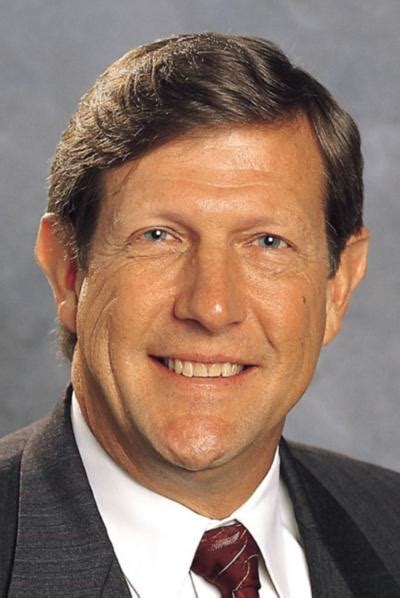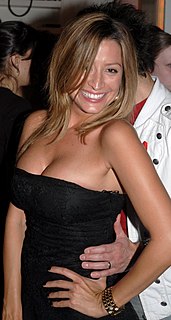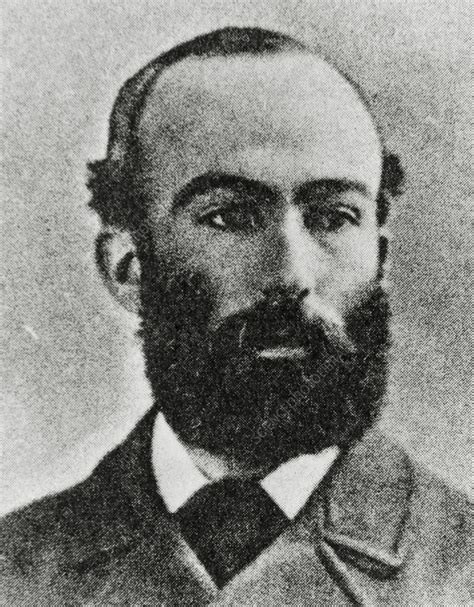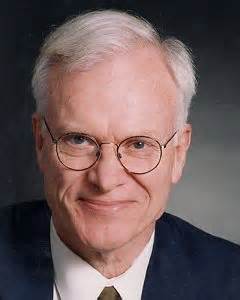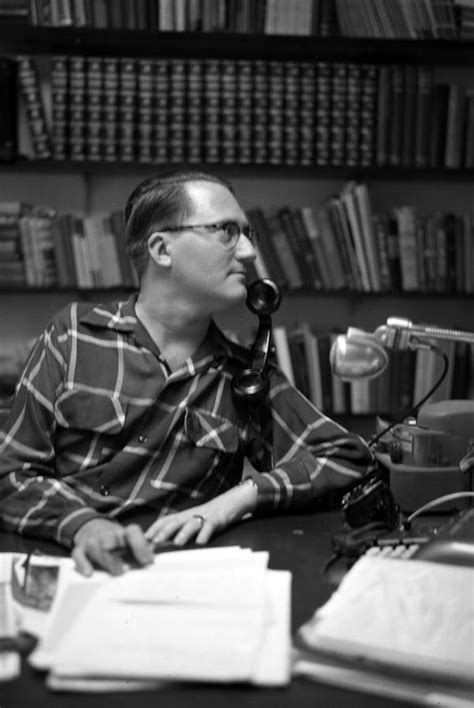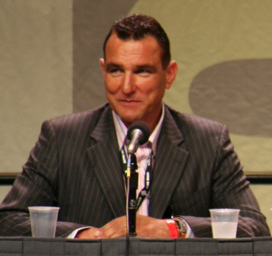A Quote by John Hume
In my opinion, what changed the situation eventually - and, of course, it took a lot of time to change it, things like that don't change in a week or a fortnight - was the new educational system.
Related Quotes
I agree with O'Toole that custom and comfort are impediments to change. However, it is important to recognize that resistance to change is logical as well. The new "change masters" literature seems to take change as the norm. It isn't. Humans naturally see change as risky because it is risky, just as mutations in genes are mostly destructive. You would not want to go to work were everything changed every week! The phone system, the office assignments, who reports to who, and the whole set of job expectations.
There seems to be something in the zeitgeist, and maybe it's a function of - I'm no analyst, nor am I a psychologist - when you look at things and say, What if I could go back and change things? I think we live in a world right now where people are asking those questions a lot. What if we could go back and change what we did? How would we change the way we handled things in the Middle East, and how would we change things with the banking industry, and how would we change economic and educational issues?
Every one is made of matter, and matter is continually going through a chemical change. This change is life, not wisdom, but life, like vegetable or mineral life. Every idea is matter, so of course it contains life in the name of something that can be changed. Motion, or change, is life. Ideas have life. A belief has life, or matter; for it can be changed. Now, all the aforesaid make up man; and all this can be changed.
It isn't the changes that do you in, it's the transitions. Change is not the same as transition. Change is situational: the new site, the new boss, the new team roles, the new policy. Transition is the psychological process people go through to come to terms with the new situation. Change is external, transition is internal
There is nothing that you can do to change the present moment. It simply is. You may be able to change the situation one second, one minute, one hour, or one day from now, but there's absolutely nothing you can do to change the way things are right here and now. By not getting irritated you will be more effective in doing what needs to be done to change the situation for the next moment.
Two years gives you enough time to grow and to change, and to, you know, change your priorities. Change where you live, change your hair, change what you believe in, change who you hang out with, what’s influencing you, what’s inspiring you. And in the process of all of those changes in the last two years, my music changed.
You see, I know change
I see change
I embody change
All we do is change
Yeah, I know change
We are born to change
We sometimes regard it as a metaphor
That reflects the way things ought to be
In fact change takes time
It exceeds expectations
It requires both now and then
See, although the players change
The song remains the same
And the truth is...
You gotta have the balls to change
The very word "change" has changed. When I was young--and not just because I was young--we looked forward with confident impatience to change. Planned, controlled, beneficent change would continue to clear slums, sweep up the remains of empire, raise living and educational standards, tidy away--firmly but kindly--the last aboriginals who still raved about martial glory or the pride of wealth. Now, as it seems to me, change is set almost exclusively in the minor key, change seen overwhelmingly as loss.
If you depend on a secret for your security, what do you do when the secret is discovered? If it is easy to change, like a cryptographic key, you do so. If it's hard to change, like a cryptographic system or an operating system, you're stuck. You will be vulnerable until you invest the time and money to design another system.


